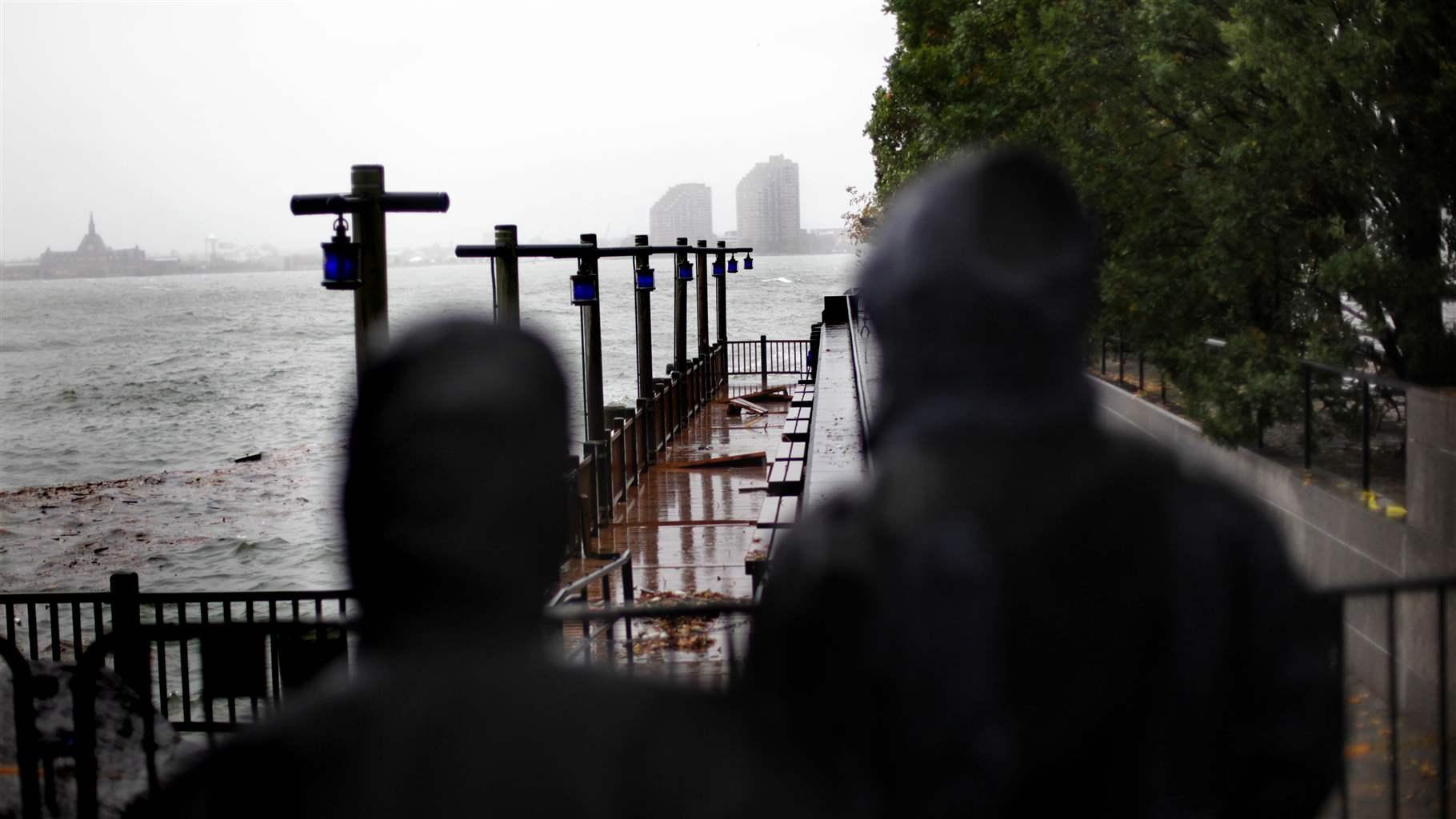How Cities and States Are Paying to Reduce Flood Risk
Mitigation investments help communities prepare for more extreme weather

This page was updated Dec. 5 to reflect new speakers at the event.
Since 2000, flooding has been the most common and costly natural disaster in the U.S., accounting for more than $845 billion in damage and affecting all 50 states. Floods are straining federal resources and driving states and localities to identify ways to manage these heightened risks and costs.
On Tuesday, Dec. 10, The Pew Charitable Trusts and the Regional Plan Association, an urban research and advocacy organization, will co-host a briefing at LMHQ in New York City on the innovative ways cities and states are securing funding to pay for risk reduction. Experts and elected officials will discuss the challenges communities face in planning for risk and will examine some of the proactive policy solutions being used across the country.
Speakers
- Tim Blake (@MoodysInvSvc), Managing Director - Public Finance, Moody's Investors Service
- Rob Freudenberg (@RobFreud), vice president of energy and environment, Regional Plan Association
- Paula Pagniez (@ppagniez), director of capital, science and policy practice, Willis Towers Watson
- Stacy Swann (@StacySwann), president, Climate Finance Advisors
- Howard Cure (@HowardCureMunis), Managing Director, Municipal Bond Research, Evercore
- Joyce Flinn (@IowaHSEMD), director, Iowa Homeland Security & Emergency Management
- Kate Boicourt (@KateBoicourt), director of resilience, Waterfront Alliance
- James Lee Witt, former FEMA administrator
- Matt Fuchs, officer with Pew’s flood-prepared communities initiative


America’s Overdose Crisis
Sign up for our five-email course explaining the overdose crisis in America, the state of treatment access, and ways to improve care
Sign upThis video is hosted by YouTube. In order to view it, you must consent to the use of “Marketing Cookies” by updating your preferences in the Cookie Settings link below. View on YouTube
This video is hosted by YouTube. In order to view it, you must consent to the use of “Marketing Cookies” by updating your preferences in the Cookie Settings link below. View on YouTube







